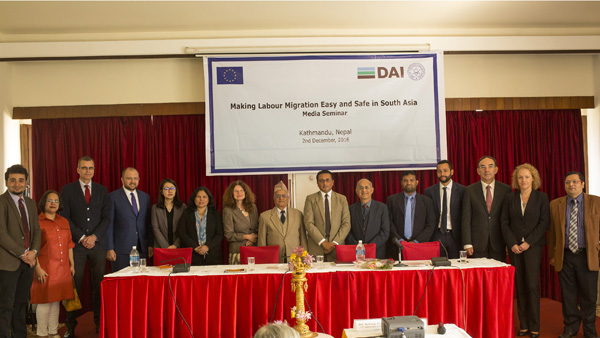
ACCA unveils future of global accountancy with new innovations
- Qualification designed to shape future of global accountancy
- Masters customised to meet strategic challenges of disruptive economy
ACCA (the Association of Chartered Certified Accountants) takes a major step forward in shaping the future of accountancy by unveiling major innovations to its Master’s level qualification, tailored to meet the strategic challenges of the 21st century’s disruptive economy. The latest innovations to its qualification are new Strategic Professional exams which will replace the existing Professional level exams in September 2018 and a new Ethics and Professional Skills module, which will be introduced in 2017. This new ground-breaking design of ACCA’s qualification draws on an extensive, two-year review and consultation with members, employers and learning providers.
Added to these developments, ACCA also offers the world’s first Master’s degree integrated with a professional accountancy qualification, delivered in partnership with the University of London. This unique arrangement means students can take the Master’s route while completing their Strategic Professional exams, or take the Master’s degree after the ACCA Qualification.
Chief Executive of ACCA Helen Brand OBE says, “We’re updating the ACCA Qualification to give students the forward-thinking strategic abilities and advanced skill-set required of modern professional accountants who will shape the future of global business.”
The redesign enhances the breadth and depth of the qualification, with greater focus on employability and the practical application of core skills in the contemporary workplace. This includes Strategic Business Leader, Strategic Business Reporting and an Ethics and Professional Skills module.
Strategic Business Leader is an innovative case study exam, based on a realistic business scenario, giving students the skills and technical expertise required by modern business where decisions need to be made, measured and effectively communicated to the wider organisation. Strategic Business Reporting is a new examination that exposes students to the wider context of finance and business reporting, adding vital skills required to explain and communicate to stakeholders the implications of transactions and reporting. The Ethics and Professional Skills module makes modifications to the existing ethics module which ACCA was the first professional body to offer to students in 2008, equipping them with professional skills needed in the modern workplace.
Regional Director MENASA Stuart Dunlop, presenting findings from the ACCA comprehensive research report, Professional accountants – the future to the media in Colombo, said, “ACCA members are central to the work we do, and it was our membership base that provided the foundation for this piece of research. Consistently the Professional Insights team at ACCA reach out to members and other professionals for their views on the issues and challenges within the profession. Without this support, we would be unable to advance the profession, influence policy, governments and employers. So we thank all contributors for that, it is greatly appreciated by me and everyone at ACCA”.
Head of ACCA Sri Lanka and the Maldives Nilusha Ranasinghe highlighted, “The ACCA Qualification is the only professional accountancy qualification which combines local relevance with international best practice. This means that our members are able to work at the highest level in any industry in any sector. In a globalised world this unique feature offers a real edge and benefit to employers.”


